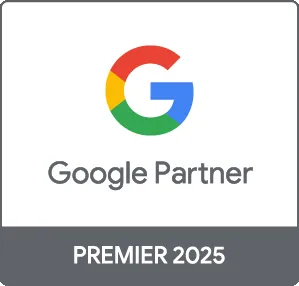Pay-Per-Click (PPC) advertising is a cost-effective way for small businesses to gain visibility, attract customers, and increase sales. In this guide, we will explore proven PPC strategies that can help small businesses maximize their ad spend and achieve impressive results. From keyword selection to targeting and ad copy, these strategies will enable you to make the most out of your PPC campaigns.
Understanding the Basics of PPC
PPC is an online advertising model in which advertisers pay a fee each time one of their ads is clicked. It’s a way of buying visits to your site rather than earning them organically. The most popular PPC platform is Google Ads, but other options such as Bing Ads and social media advertising also provide excellent opportunities for small businesses.
1. Define Your Goals
Before launching a PPC campaign, it’s crucial to clearly define your advertising goals. Common PPC goals for small businesses include:
- Increasing Website Traffic: Attract more visitors to your site.
- Generating Leads: Capture potential customer information through forms.
- Boosting Sales: Drive online purchases and conversions.
2. Conduct Thorough Keyword Research
Identifying the right keywords is essential for a successful PPC campaign. Tools like Google Keyword Planner can help:
- Focus on Long-Tail Keywords: These keywords may have lower search volume but typically yield higher conversions.
- Monitor Competitor Keywords: Analyze what keywords your competitors are targeting and see where you can differentiate yourself.
3. Optimize Your Ad Copy
Your ad copy is the first impression potential customers will have of your business. Effective ad copy should include:
- Clear Calls to Action (CTAs): Direct potential customers on what to do next, such as "Shop Now" or "Get a Free Quote".
- Unique Selling Points: Highlight what makes your product or service stand out.
4. Use Targeting Options Wisely
Targeting is crucial in ensuring that the right audience sees your ads. Utilize various targeting options:
- Geographic Targeting: Focus your ads on specific locations where your potential customers are located.
- Demographic Targeting: Tailor your ads based on age, gender, and interests to reach your ideal customer.
5. Monitor and Adjust Your Campaigns
The work doesn’t stop once your PPC campaign is live. Regularly monitor the performance of your ads and make adjustments as necessary, such as:
- Adjusting bids based on performance metrics.
- Testing different ad copies and landing pages.
- Evaluating conversions and adjusting overall strategy.
Conclusion
Implementing effective PPC strategies can significantly boost the visibility and sales of small businesses. By defining clear goals, researching keywords, optimizing your ad copy, wisely using targeting options, and continuously monitoring your campaigns, you can maximize your advertising budget and achieve fantastic results. If you need help getting started with PPC, Prebo Digital specializes in creating tailored PPC campaigns that deliver performance. Contact us today for a consultation!





